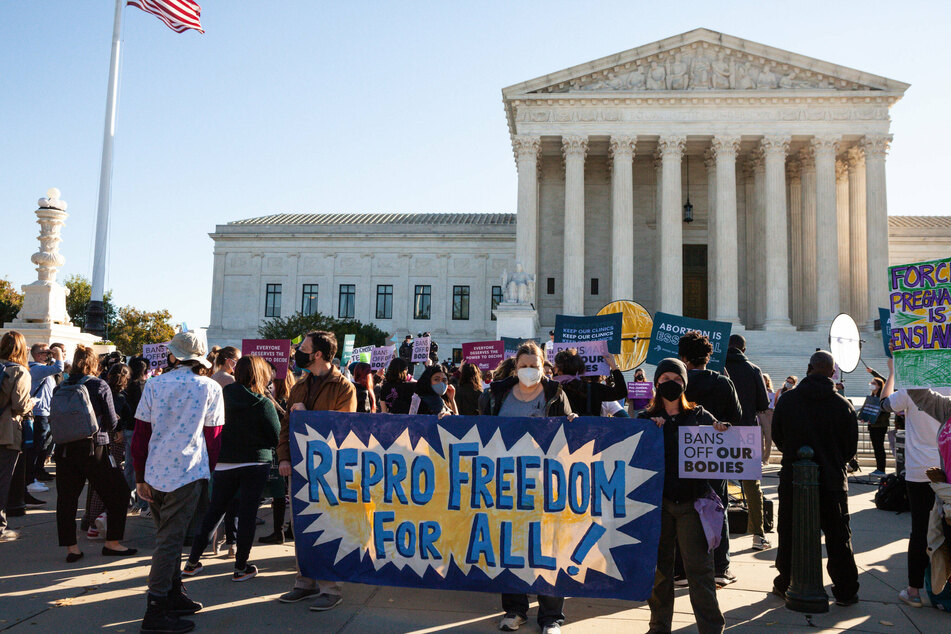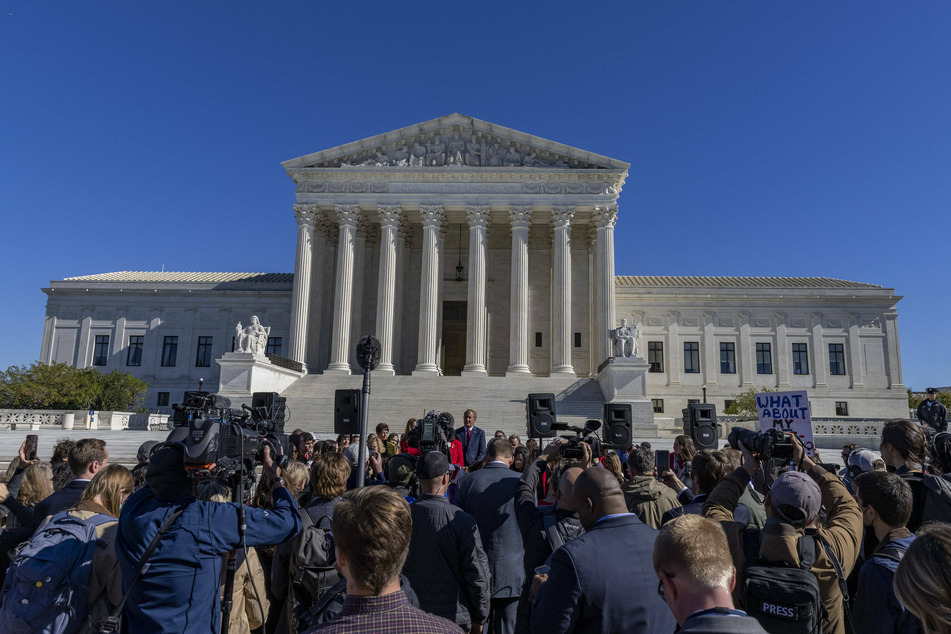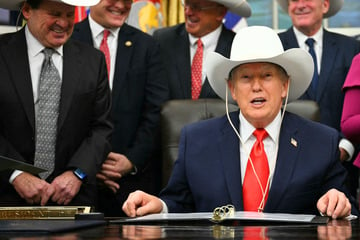Supreme Court justices continue to weigh Texas abortion law
Washington DC — The Supreme Court’s justices gave a skeptical hearing Monday on Texas and its strict abortion law, sounding as though they are ready to reverse course and allow abortion providers to sue and win a federal court order blocking its enforcement.

Justices Amy Coney Barrett and Brett M Kavanaugh, two conservative judges who hold key votes, said the state appeared to have gone too far, first by adopting an unconstitutional limit on abortions and then by effectively preventing doctors and clinic owners from challenging it in court.
Based on their comments and questions during nearly three hours of argument on Monday, it appeared that six of the justices favored clearing the way for the federal courts to block enforcement of the Texas law.
Kavanaugh said Texas had exploited a "loophole" in the law to bar people from going to federal court — even when those people are targeted by an unconstitutional state law.
He noted that in 1908, the Supreme Court in a landmark ruling said people or businesses who are targeted by an unconstitutional law could win relief from a federal judge by naming a state official who would enforce the law. But Texas steered around that decision by relying on private lawsuits against abortion doctors and clinics.
In response, lawyers for Texas claimed the abortion doctors were free to defend themselves in state courts.
But Barrett said that would not work either. She said the state law says a doctor could be sued by hundreds of people over a single abortion, yet state judges could rule on only one suit at a time.
"You can’t get a global relief" even if the abortion doctor wins in a state court, she said. "The statute can still be enforced against you."
A Texas lawyer said state judges, not state officials, are enforcing the Texas abortion law.
This is the third time the high court has considered the Texas law. The court was not focused on the constitutionality of abortion, but rather the procedural restrictions that have prevented abortion doctors and the Justice Department from challenging the Texas law in federal court.
The fight over abortion rights continues

While the lawyers argued over procedure, the overriding question is whether the conservative court will stand in the way of a state’s bid to stop abortions.
So far, the answer has been no.
The Texas Heartbeat Act, also known as Senate Bill 8, says it is illegal to perform an abortion after about six weeks of a pregnancy but gives the state no direct role in enforcing that ban. Instead, it authorizes private lawsuits in state courts against doctors or clinic owners who violate its provisions.
On September 1, four members of the high court, including Roberts, voted to block the Texas law before it took effect, but they were unable to win over at least one more conservative to form a majority.
Two weeks ago, the justices weighed the issue again after the Justice Department entered the case, but they agreed only to hear arguments on the procedural questions.
Federal law is, as the Constitution states, the "supreme law of the land." Yet throughout its history, the Supreme Court has shielded states from being sued directly. States are said to have "sovereign immunity" unless Congress has acted to waive it.
The first appeal to be heard Monday arose from a coalition of abortion providers who sued in July seeking to stop the Texas law. The second comes from the Justice Department, which sued in September, a week after the law took effect.
The two cases heard Monday are Whole Woman’s Health vs Jackson and United States vs Texas.
It is not clear whether the justices will rule quickly, because the cases arrived as emergency appeals, or will instead follow the usual procedure and spend weeks writing a decision accompanied by dissents.
Cover photo: IMAGO/NurPhoto

